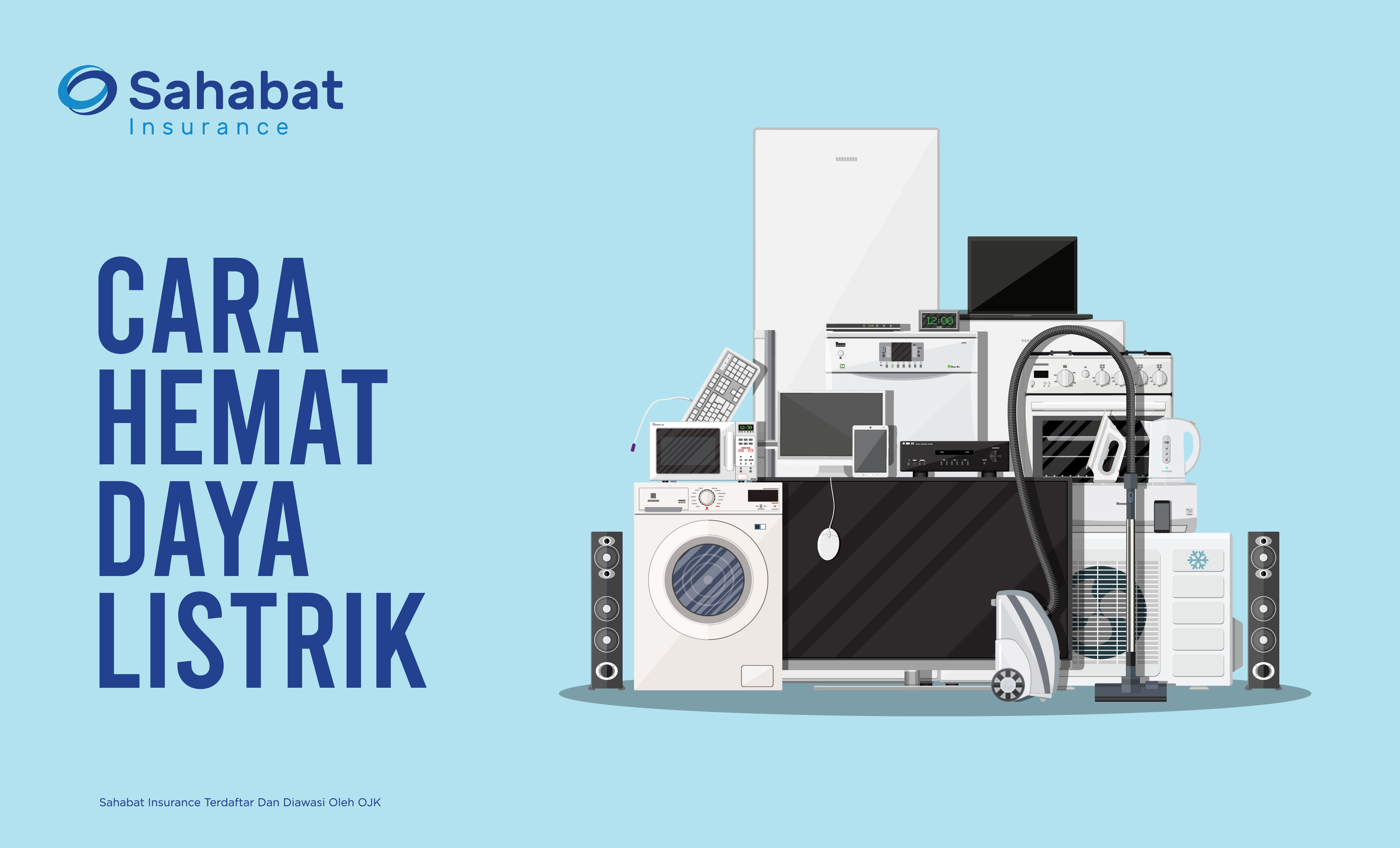How to save your electricity bill
Terakhir Diubah : 02:21:27 - Friday, 29 October 2021

To save on the use of electricity that you use, then you must know in advance what objects are consuming a lot of power. In addition to air conditioning, it turns out that water pumps, refrigerators, washing machines and computers consume large amounts of electricity. So don't be surprised if during WFH, your electricity bill swells. Once you know that, then you have to reduce the frequency of using the equipment. Turn off the air conditioner and lights during the day, and use them only at certain times. If you are watching TV, turn off the television when you are no longer watching it to save electricity.
Electrical power that is too large can cause a short circuit and fire, you know, friend.
Make sure your home has been covered by insurance to protect it from the risk of fire that may occur. Contact us for questions regarding home protection from fire losses.
Berita Lainnya
Flood Damaged Cars & Insurance Cover
In the wake of natural disasters like floods, one of the most significant losses individuals face is damage to their vehicles. Floodwater can wreak havoc on cars, leading to substantial repair costs or even rendering them irreparable. Understanding how flood-damaged cars are handled by insurance companies is crucial for vehicle owners to navigate the aftermath effectively.
The climatic condition can be very unpredictable due to pollution, cutting of trees, etc. Further, unplanned development and inefficient drainage systems also lead to flood-like conditions in many cities. The best action is to take a review your car insurance plan to protect your vehicle from monsoon miseries.
Protect your vehicle with flood car insurance. Learn how to shield your car from floods and ensure comprehensive protection. Get covered today!Sahabat Insurance customers can reach out to us at 021-50508080 or email us [email protected]

 Indonesia
Indonesia
